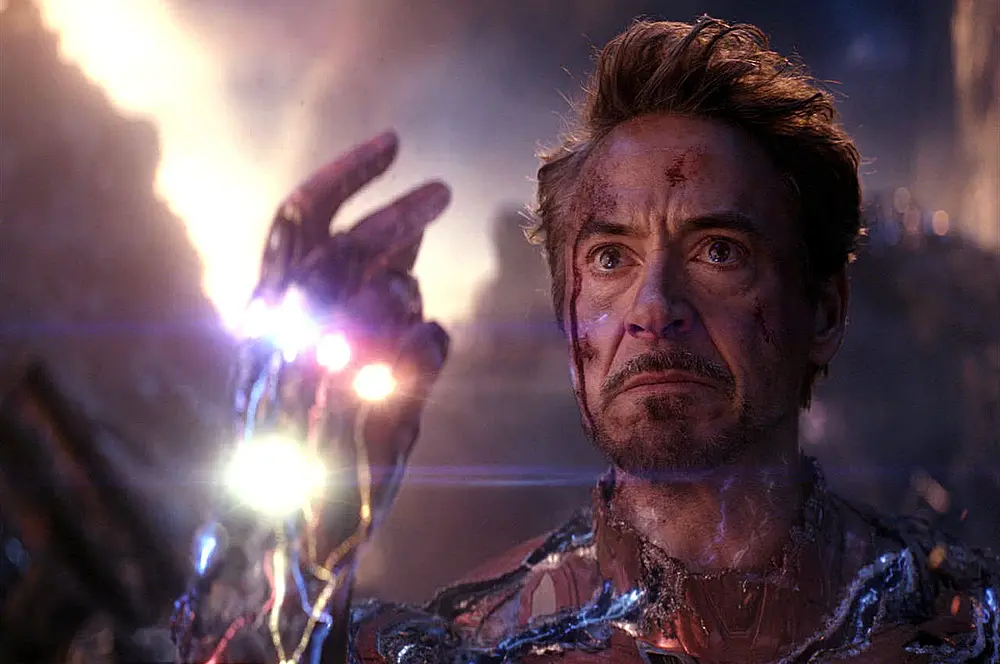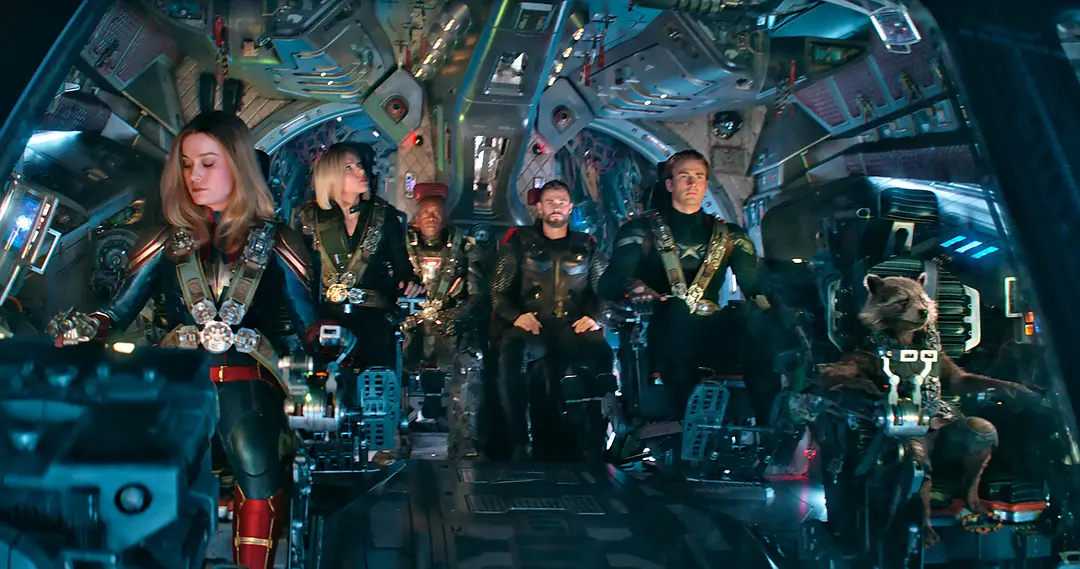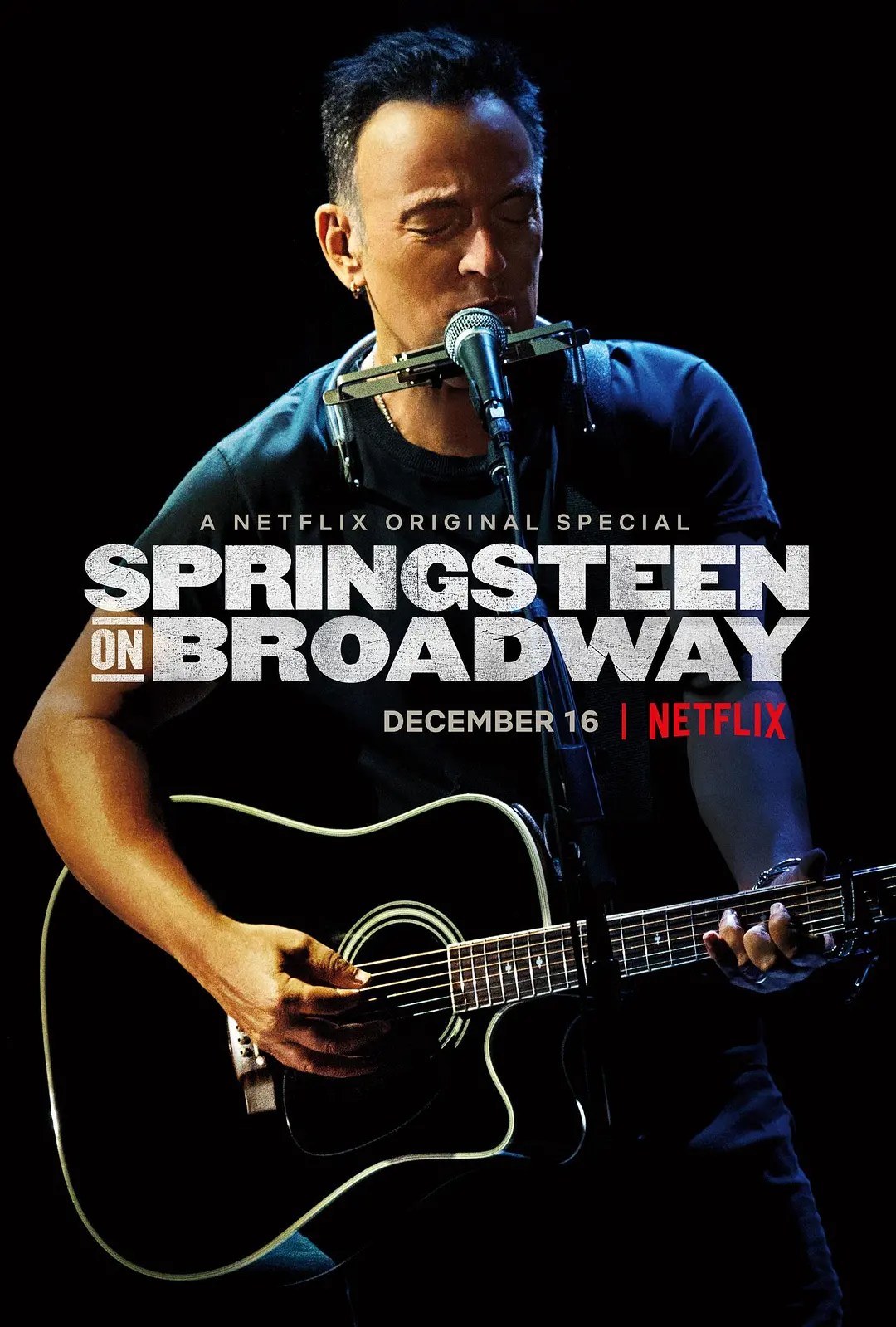Avengers: Endgame – The Epic Finale of the MCU
The Aftermath of the Snap
Avengers: Endgame begins in a universe shattered by the catastrophic events of Infinity War. Thanos’ snap wiped out half of all life, leaving a stunned and grieving population. Cities are deserted, families are broken, and the world struggles to maintain even basic order. The remaining Avengers, including Tony Stark, Steve Rogers, Thor, Natasha Romanoff, and Bruce Banner, are overwhelmed by guilt and loss. Each character reacts differently: Tony retreats into isolation, blaming himself for not stopping Thanos; Thor becomes despondent and self-indulgent, unable to cope with his perceived failure; and Natasha is driven by determination to fix what has been broken. The film opens by exploring these emotional depths, showing that the real battle is not just against Thanos, but also within themselves, setting the stage for a story that balances heroics with deeply human struggles.
 A Plan to Rewrite History
A Plan to Rewrite History
Five years pass, and hope seems all but lost. Then, an unexpected hero emerges: Ant-Man, having been lost in the quantum realm, returns with knowledge that time travel may be possible. This revelation reignites the Avengers’ hope, and they devise a bold, almost impossible plan to collect the Infinity Stones from different points in time. Each hero is assigned a specific mission: Captain America and Iron Man return to key moments in their own pasts, Thor travels to Asgard to retrieve the Reality Stone, and others venture to pivotal events in the lives of the Avengers and their allies. The stakes are immense because any failure could erase their chances of saving the universe. This portion of the story adds suspense and creativity, as time travel allows characters to confront their past, make amends, and face challenges they had previously avoided, blending action with meaningful character development.
 The Emotional Journeys of the Heroes
The Emotional Journeys of the Heroes
Throughout Endgame, personal struggles are as central as the epic battles. Tony Stark reconciles with Steve Rogers, putting aside past conflicts to act as a unified front. Natasha Romanoff’s sacrifice on Vormir, giving her life to secure the Soul Stone, underscores the personal cost of heroism and the stakes of the mission. Thor confronts his own insecurities, balancing guilt over his earlier failures with a renewed sense of purpose. Banner merges with the Hulk, demonstrating growth in both intellect and courage. Black Panther, Doctor Strange, and other returning heroes provide support, reinforcing the themes of teamwork and resilience. These arcs make Endgame more than a spectacle; they elevate it to a story about redemption, responsibility, and the emotional toll of defending the universe.
 The Climactic Battle and Legacy
The Climactic Battle and Legacy
The final battle against Thanos is an unforgettable cinematic event, combining breathtaking action with emotional resonance. The resurrected heroes, aided by portals opening from across the multiverse, converge on the battlefield for an all-out clash. Iconic moments abound: Captain America wields Mjolnir, Thor fights alongside his allies with newfound resolve, and Iron Man makes the ultimate sacrifice, using the Infinity Stones to obliterate Thanos and his army. The sequence is visually stunning, but the emotional impact—seeing long-lost friends and fallen comrades return—gives it weight beyond mere spectacle. Endgame concludes with characters taking definitive steps into new phases of their lives, highlighting sacrifice, resilience, and legacy. It cements the Avengers as a symbol of hope, proving that heroism involves courage, unity, and the unwavering determination to protect what is right.








